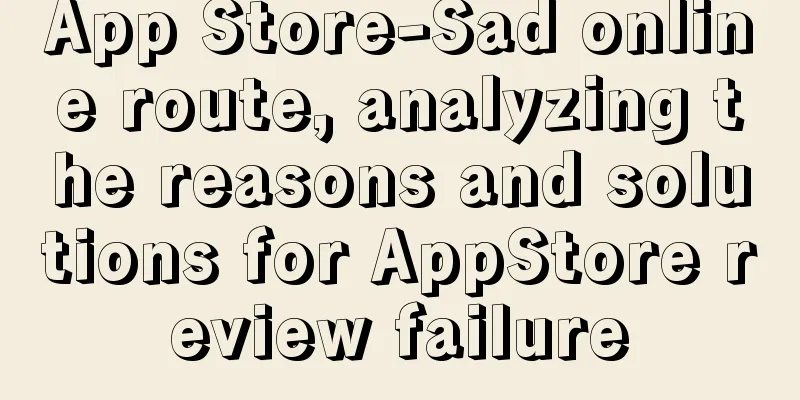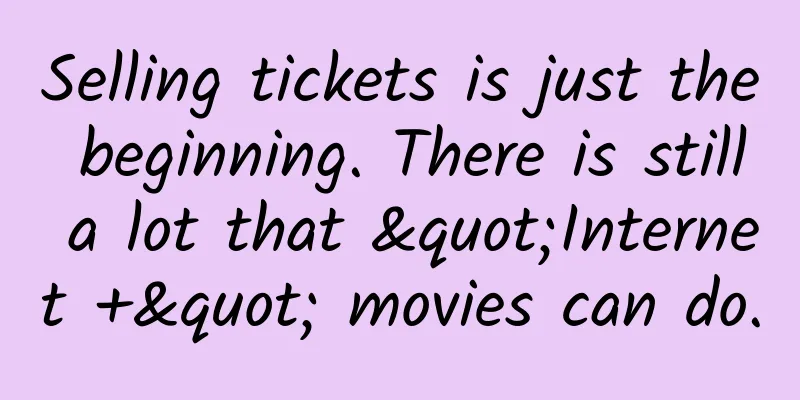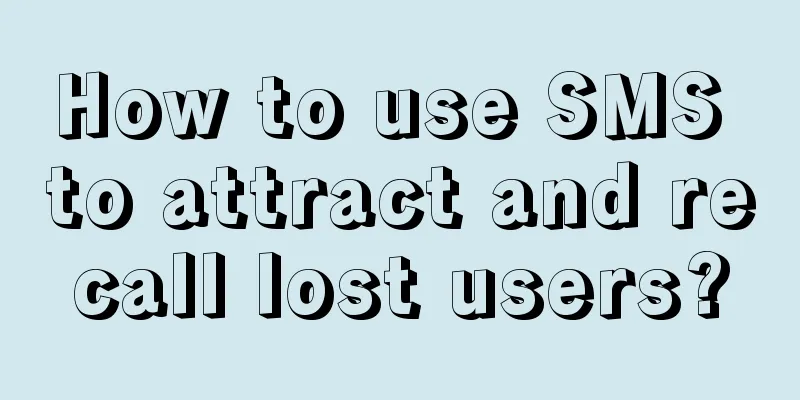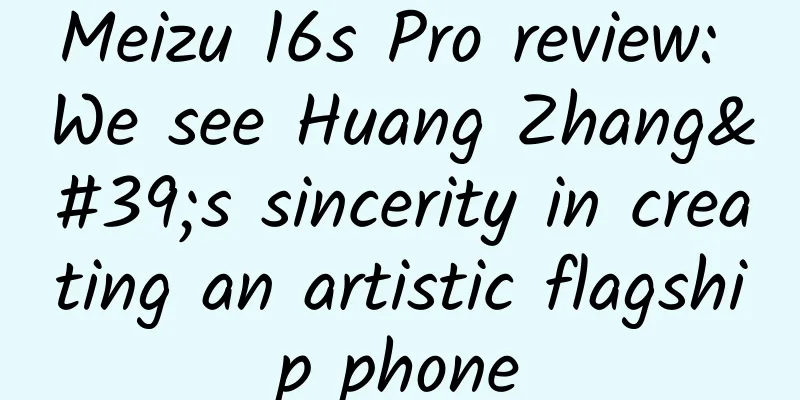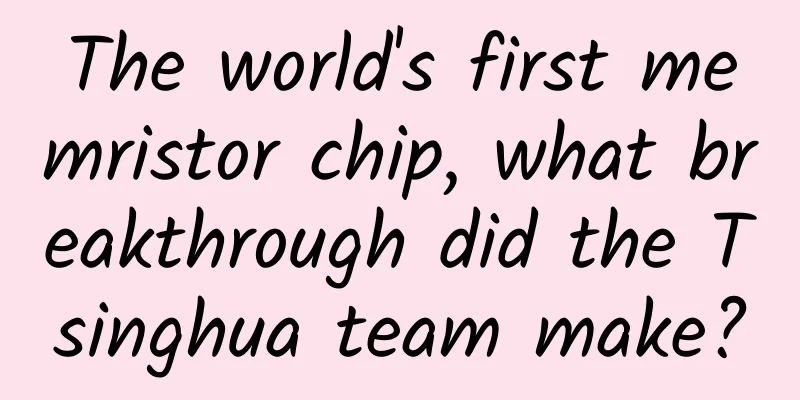Advice and teachings that impressed programmers

|
In one’s life, of course, there is plenty of time to explore and make one’s own choices. Other people’s teachings often do not interfere with one’s choices, but can help one avoid detours and reach one’s goals more quickly. Below, I have listed some of my most impressive teachings (or “suggestions”) to express my gratitude to you all and to share with more people in the hope that they will benefit from it. Technology is the foundation of your life This is what Mr. Wang, a teacher in the Chinese Department, told me when I was in college. At that time, I hardly attended computer science courses. I read original textbooks in the evening, spent the day in the library, and attended classes in the Chinese Department. For someone who had only received natural science education since childhood, the charm of reading literature, history, and philosophy without restraint was too great. The more I read, the more fascinated I became. In addition, the Internet was not well regulated at that time, so it was easy to chat with everyone online and get excited - but I never thought about what I would do after graduation. As a result, when I chatted with Teacher Wang again, he told me: "Technology is the foundation of your life, and literature, history and philosophy can only be a hobby." Although I didn't understand the true meaning of this sentence at the time, I still did it and set aside a lot of time to learn computer professional knowledge. Of course, the final understanding was completed with the help of Teacher Wang. Once in a large class, he said: "Faced with the injustice of the world, as intellectuals, we certainly have the responsibility to fight. However, there are many ways to fight. Do you want to fight bare-chested or with armor?" At that moment, I understood the meaning of "Technology is the foundation of your life", and I have benefited from it ever since. Set your goals higher This was the teaching of my university teacher. When I was in my senior year, I finished writing a program in the computer room very quickly and chatted with Mr. Jiang, the teacher who taught me. He asked me about finding a job. I was fascinated by Liu Ren's "Knowledge Hero 2.0" (I bought this book on 8848, which Lao Rong opened), so I said, "I just want to work as a programmer in a foreign company." I remember his expression was stunned at the time, and then he said: "Let me give you some advice. Generally speaking, the goals you set for yourself are the pinnacle of what you can reach, or even unattainable. Now you just want to follow the routine and become a programmer in a foreign company. It is very likely that you can only become a programmer in a domestic company. What's the point? Young people, you should set your goals higher." Maybe I didn’t set my goals that high later on, but I was also unwilling to set limits for myself, so I took a path I had never thought of, and looking back it wasn’t a bad path. Hard work pays off, or is it stupidity? After graduating from university, I wanted to go to Beijing to work, but at that time I had no experience and no resources to rely on. I didn’t have much confidence and was under a lot of pressure. When my uncle heard that I was going to Beijing, he invited me to dinner. He told me a story: A man took the college entrance examination hoping to get into his ideal university, but he failed. He was unwilling to give up, so he repeated his senior year and took the exam again, but failed again. This went on for three or four years, and finally, he was admitted. Everyone said: Oh, hard work really pays off. I still didn't understand what he meant when I heard this. So he looked at me and asked, "If this person didn't pass the exam, what would everyone say?" So I guessed, "Continue to encourage him, and wait for the hard work to pay off?" "Wrong, it's actually very simple, people will say 'Look, this is stupid'". He then laughed to himself. It took me several years to figure it out. The audience always has the right to judge, but in fact, there may not even be a thin line between "hard work pays off" and "stupidity". It all depends on how the individual faces it. Use Google more On my first day at work, the project manager called me and said: I will teach you how to use JUnit, SVN, Ant, and JBuilder, and you will start using them tomorrow. I had never used these four things before, and my first reaction was to complain to my classmates on QQ about the inhumanity of this company, but the reply I got was "Hurry up and learn, you will make money, we are not allowed to use them", so I bit the bullet and took all the tasks... This was the style of my first company. New tools and frameworks were only given a name, and the project manager seemed impatient with my asking questions. Of course, when I actually asked, his attitude was quite good. One day after get off work, he saw me still looking at the screen with a frown on my face, so he said, "Don't worry, use Google more." For me at that time, this was a life-saving straw. If I had been working on "Teenage Mutant Ninja Turtles" because I couldn't put down my pride and couldn't find a clue, that night I searched frantically on Google in the office, and finally found a clue around 1 a.m. The city of Beijing was pitch black outside the window, but I seemed to see the dawn. From then on, I also developed the "bad habit" of using Google frequently. Now you can finally use the company's money to conduct experiments After working for a few years, I was often confused about the difference between what the company wanted to do and what I wanted to do. I was also worried that my value would not be improved and I would have no advantage after leaving the company. One night I chatted with Huo Ju (Virushuo), and he said that when he graduated, the teacher told them a very important sentence: "You can finally use the company's money to do experiments." If you want to improve your own value, you can't be satisfied with the tasks assigned by the company, and you can't expect pie in the sky to fall from the sky to increase your value. Instead, you should regard your work environment as a resource field and try to think about what you can gain from it. In fact, in the company, apart from our main job, we have plenty of opportunities to learn, and it is not limited to "experimenting with the company's software and hardware". For example, we can think about how the industry will develop and compare it with reality, observe what people in each position are doing, what methodology colleagues who are doing well have, and chat with foreign colleagues to practice speaking, etc. If you seize these opportunities, you can grow, but if you don't, it will be wasted. Only when the flag is up can there be a chance When I left Beijing, I had dinner with Lao Xu (Xu Yirong), the former boss of Zhuaxia.com. At that time, Lao Xu was already working on Meilishuo, but it was just the beginning and there were still too many uncertainties. We talked a lot during the dinner, including what a person should do. Old Xu said: There are endless skills in this world, and we can never master them all. Do we really feel a sense of accomplishment if we keep trying to master these skills? Not necessarily. We still have to find what we really want to do. Now a listed company has invited me to be the VP of Technology and take charge of all the technology. Of course I can do it. But I still hope to start a business. What would everyone think if I took this position and started a business later? If I don’t accept this position and fail in catching shrimp, I will still start a business. Even if I fail again, I will continue to convey the message that "Xu Yirong is focused on entrepreneurship", just like a big flag standing there all the time, and then talents, funds, and resources will gather around me... I was often surprised by Lao Xu's persistence. He had figured out very early that branding was a long-term business. "Seeking small profits" is often not linked to morality, but to perseverance and courage. Face your weaknesses, don't hide Before I left Beijing, I had dinner with various friends, including Cao Yong, the chef who taught me how to cook. Originally, we were just chatting casually, reminiscing and expressing some feelings. When we were almost finished eating, he suddenly said to me seriously: I have been cooking for so many years, and I have some experience to tell you. Many people will intentionally or unintentionally avoid their weaknesses, or become very sensitive. Once others mention it, they tend to think too much and get excited. Such people often cannot achieve great things. Listen to me, face your weaknesses, don't hide. The more people I meet and the more experiences I have, the more I feel that what he said makes sense. People who "examine themselves three times a day" may be very clear about their weaknesses, while those who don't do so probably have some vague feelings. How to calmly deal with your weaknesses is really a big test in life. Some people adopt an ostrich policy and pretend that the problem does not exist; some people divert attention as soon as they see something wrong to avoid guilt; and some people pretend to be strong to cover up their guilt. In short, they are all hiding, and it is an unhealthy response. What is the truly healthy way? It is to try to get rid of emotions and look at your weaknesses from an objective perspective: Does this problem really exist? If it does exist, how serious is it? Is there any way for me to improve it? If so, what should I do? If not, what consequences will I encounter, and am I ready to face them? When others mention these weaknesses, how can I tell whether they are unintentional or intentional? How should I ignore them if they are unintentional? How should I face them if they are intentional? ... It must be admitted that it is indeed embarrassing and even sad to face these problems at first, but growth often comes from making yourself sad and then working hard to overcome the sadness. |
<<: In just one year, H5 has become like this
>>: Your analysis may not be correct. Logical reasoning has many traps.
Recommend
Electric Technology Car News: Facing the shrinking market of small SUVs, can Zotye T300 successfully go against the tide?
Zotye Auto is the topic queen in the auto market....
Doushang Commune Live Streaming Growth Camp teaches you how to quickly monetize through live streaming
Doushang Commune Live Streaming Sales Growth Camp...
Five ways to promote and attract new customers on APP
Now when you open the app store , whether it is f...
Community operation: How to build a high-quality and active community?
Communities have become a standard feature of Int...
QQ Music responds to login anomalies: sporadic issues have been resolved
[[437020]] On November 26, the topics "QQ Mu...
The EU is only concerned about its own business, and doesn't care about Germany's problems. Who will suffer from the tariffs on Chinese electric vehicles?
On June 12, the European Commission announced tha...
How did Yingke conduct marketing in its early days?
Yesterday I was browsing Zhihu and saw a question...
Collection of May 4th Youth Day poster copywriting!
Just finished May Day After finishing the activit...
Real or Fake Monkey King? Sorry, I am actually a little orchid~
Auditing expert: Yang Yanhui, Senior Garden Engin...
In-depth analysis: Xiaomi's product and operation methodology
It is necessary to learn from successful people. ...
Lantu Auto: In February 2024, Lantu Auto sales reached 3,182 units, a year-on-year increase of 187%.
Lantu Motors was the first to announce its delive...
SwiftUI State Management System Guide
Introduction SwiftUI differs from Apple’s previou...
11 Mobile App Development Trends in 2017
Smartphones have become an integral part of our d...
User operation: How to recall lost users at low cost?
Before writing the article, let me do some calcul...
Which data should startup apps monitor?
Many entrepreneurs have no experience in viewing ...



